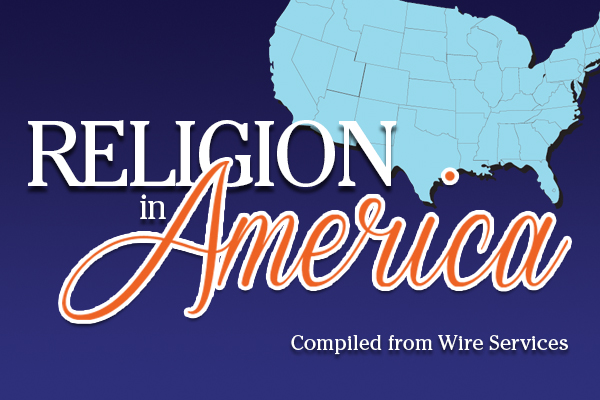A federal judge has blocked a California city from taking property owned by a large church in order for a major retail store to be built on the land.
The city of Cypress discriminated against Cottonwood Christian Center when it invoked eminent domain in May in order to obtain the church’s property and turn it over to the discount chain Costco, said judge David Carter of the Central District of California. The city substantially burdened the church’s religious exercise under both the free-exercise clause of the First Amendment and a 2000 federal law, the Religious Land Use and Institutionalized Persons Act, Carter wrote in a 36-page opinion released Aug. 6.
In granting a preliminary injunction, Carter said there was “strong evidence that [the city’s] actions are not neutral but instead specifically aimed at discriminating against Cottonwood’s religious uses.”
Cottonwood, which has grown from about 50 members at its founding in 1983 to more than 4,000 adult members, holds its worship services in a building in Los Alamitos that seats 700 people. The church holds two Saturday services and four Sunday services each week to accommodate its members. It also uses shuttles to transport people from off-site parking lots to the church building.
The church put together six parcels of land in a Cypress redevelopment zone and closed on the purchase of the 18-acre property in 1999. While the church was seeking approval to build on the property, the city began action the next year to seek other use of the land.
When the Redevelopment Agency of Cypress offered to buy the property from the church for more than $14.5 million in February of this year, Cottonwood declined to sell. Costco had proposed to build a store on the site. On May 28, the city council voted to file for eminent domain. The city filed in state court the next day to have the property condemned.
The city’s actions demonstrated “significant circumstantial evidence of a discriminatory intent,” Carter wrote.
The property sat vacant for almost a decade, and Cypress “became a bundle of activity” only when the church bought the land, he said.
“Cottonwood is unable to practice its religious beliefs in its current location,” Carter wrote. “Simply put, its Los Alamitos facility cannot handle the congregation’s large and growing membership, and its small quarters prevent Cottonwood from meeting as a single body, as its beliefs counsel.
“Preventing a church from building a worship site fundamentally inhibits its ability to practice its religion,” he wrote. “Churches are central to the religious exercise of most religions. If Cottonwood could not build a church, it could not exist.”
The two interests invoked by the city — the blight of the property and a need for revenue — in refusing to grant a conditional use permit to the church are not “sufficiently compelling to justify burdening Cottonwood’s religious exercise,” Carter wrote.
He also said Cypress, if it had a compelling reason to burden the church’s religious rights, had failed to use the “least restrictive means.” The city “has done the equivalent of using a sledgehammer to kill an ant,” Carter wrote.
Carter said the drafters of the U.S. Constitution “might be surprised to learn that the power of eminent domain was being used to turn the property over to a private discount retail corporation.”
Kevin Hasson, president of the Becket Fund for Religious Liberty, said of the decision, “The reason there are so few cases like this is that most cities know better than to seize a house of worship’s property. Cypress made a big mistake, and we hope that cities across the country learn from their mistake.”
Hasson argued for the injunction on behalf of the church. (BP)





Share with others: